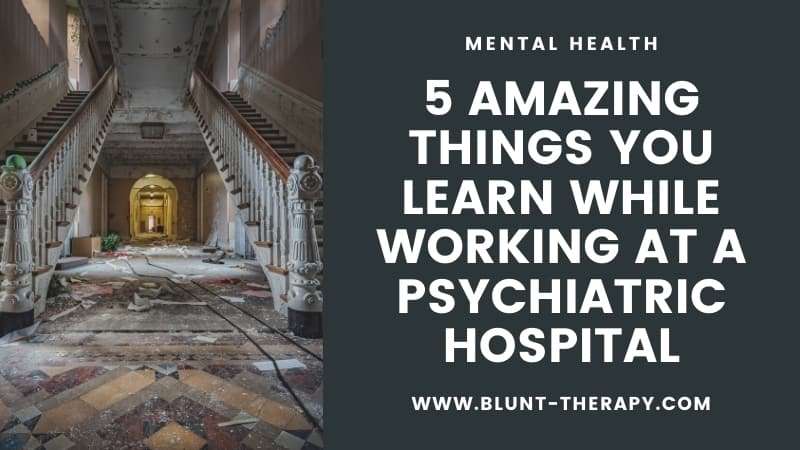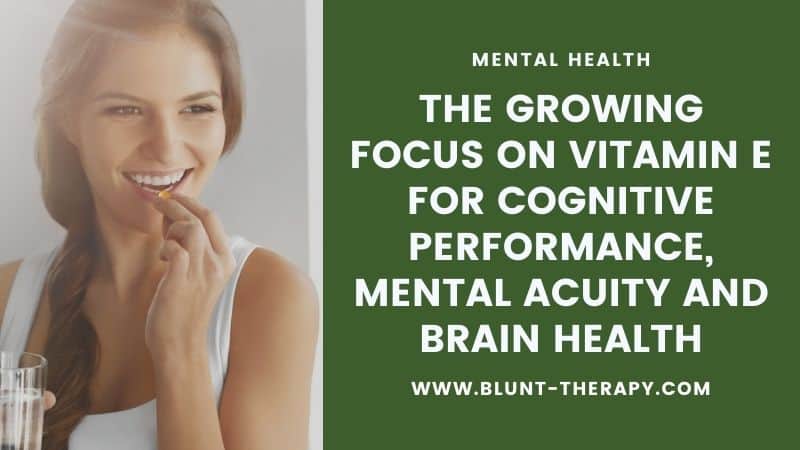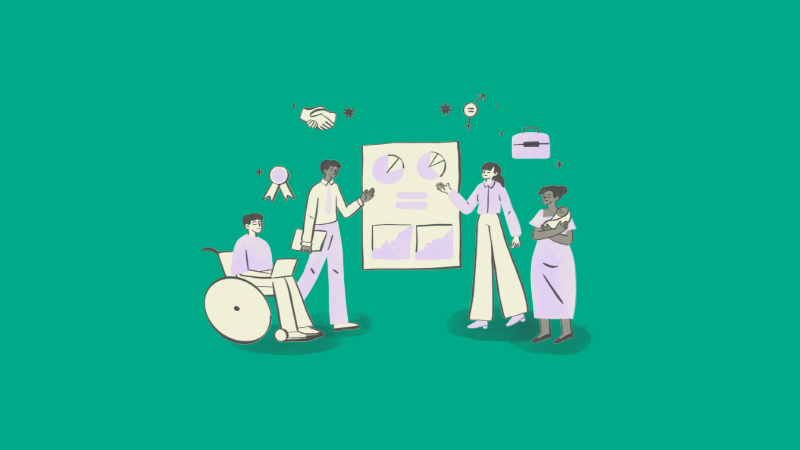Table of Contents
Affiliate link notice: As an affiliate of BetterHelp and other third-party vendors, We will receive compensation if you make a purchase using the links provided on this page. For more information, visit our disclosure page.
Last Updated on December 12, 2021 by Randy Withers, LCMHC
Depression is an illness that affects many areas of a person’s life, such as relationships with friends and family, performance at work and school, and everyday activities like eating and sleeping. It affects men and women, young and old, regardless of race or intelligence or religion.
The clinical term for it is Major Depressive Disorder. For the sake of clarity, we’ll refer to it as “depression”.
Many people experience symptoms of depression at some point in their lives, but the difference between feeling a little depressed and having major depression is the difference between a fire cracker and a nuclear bomb.

What is Major Depression?
Medical professionals such as doctors and mental health counselors diagnose depression after a person feels symptoms for at least two weeks. Most of the time people experience their first bout of major depression around the time they turn 20, but a person of any age can experience depression.
At times depression comes about after a difficult event, like the death of a loved one, a traumatic experience, or other major life changes.
| Major Depressive Disorder: The Facts |
| The leading cause of disability in the U.S. for ages 15 to 44. |
| Affects 16.1 million American adults, which is almost 7% of the population. |
| Average age of onset is 32.5. |
| Strongly linked to suicidal behaviors and co-occurring substance abuse disorders. |
| Affects more women than men. |
| Source: ADAA. |
Other times depression does not seem to have a source and may appear to come out of nowhere. Some of the symptoms of major depression include:
- Negative feelings like sadness, guilt, and worry
- Low self-esteem
- Hopelessness for the future
- Difficulty feeling excitement or pleasure for things that were previously pleasurable
- Problems concentrating
- Anger and irritability
- Poor memory or forgetfulness
- Problems sleeping, which may mean sleeping too much or too little
- Changes in appetite, such as wanting to eat more than usual or having no appetite
- Low energy
- Thoughts of suicide or harming yourself
Who Does Major Depression Affect?
Major Depression can come about for a number of reasons and studies show that 1 in 4 people will experience depression at some point in their lives.
There are several different explanations for why people become depressed, and different causes may apply to different people.
For some, major depression is genetic, meaning that genes are passed on from a person’s parents, making them more likely to develop depression later in life. Stress has also been linked to depression. Chronic stress puts you at high risk for major depression.
This can be especially true for someone who is also genetically predisposed. Even changes in the brain like traumatic head injuries can spark depression.
Major depression can also be caused by difficult events, like trauma. Being in a car accident, experiencing physical, emotional, or sexual abuse, or the death of a loved one can put a person at risk of having strong negative feelings.
While it is normal to initially feel sad or upset after a difficult event, if these feelings persist for more than two weeks then a person may have developed major depression, which should not be ignored.
Does Major Depression Affect People Differently?
Depression does not discriminate against age, gender, or ethnicity.
While many people experience depression, it can look different from person to person. Research has found that men and women sometimes differ in how they present with depression.
- Men are more likely to use drugs and alcohol to cope with depression
- Women are more likely to feel depressed by stressful events
- Men tend to hide their depression from family and friends
- Women are more likely to also have eating disorders with depression
- Women may become depressed after giving birth to a child, which is called Postpartum Depression
Major Depression can also affect children differently than adults.
Children may seem more irritable, dependent, and clingy when they are feeling depressed. They may have problems separating from parents or other caregivers. Their grades and interest in activities like sports may also suffer.
These are important signs to be aware of, especially since children may find it difficult to express how they feel.
Treatments for Major Depression
Several different medications are used to treat depression. Some medications have side effects so you should always speak with your doctor before taking any prescription drugs.
Another form of treatment for major depression is psychotherapy.
One form of therapy that is especially helpful in treating major depression is cognitive-behavioral therapy. Also called CBT, it is based on the idea that a person’s emotions are affected by his or her thoughts about themselves and the world in which they live. CBT helps people identify unhelpful thinking patterns (called cognitive distortions) and to create new, healthier thoughts.
CBT helps depressed people understand why the way that they think causes and maintains their depression.
One common cognitive distortion, or way of thinking, that many people with depression have is called “catastrophizing.” In CBT catastrophizing refers to a person’s tendency to always expect the worst.
For example, a person with depression may say “there’s no point in studying for this exam because I will always fail.” A CBT therapist would help this person recognize this pattern and change this negative thought.
When Should You Seek Help?
Major Depression may look different from person to person, and you may wonder when a good time is for you, a family member, or friend to seek help. Here are 3 signs that it is time to seek help for major depression:
- If symptoms have lasted for over two weeks it is time to seek help. When you experience a difficult event, like the death of someone close to you, it is normal to feel sad. This is a normal reaction to a difficult event, called grief. If your feelings continue to be strong after a period of time and/or get worse, then it is time to seek outside help.
- If your symptoms start to impact many areas of your life then it is time to seek help. Maybe you initially felt depressed but were able to go to work, care for your family, and take care of yourself. After a period of time this may become more difficult and you might start missing work, neglecting your relationships, and not eating or sleeping well. When your depression starts to affect your relationships and your ability to function in your daily life then it is time to seek help.
- If you are resorting to unhealthy ways to cope with your depression, like using drugs or alcohol, then it is time to seek help. You may want to numb what you are feeling by using these things, but this will cause more problems down the road. It is best to seek dual diagnosis treatment, which means you will be treated for your substance use and your depression at the same time.
Where Can You Get Help?
Getting help is the first step in recovery from major depression. Often times it is the hardest and change can be difficult. If you or someone you know is ready to seek help there are ways to reach out:
- You can speak to your medical doctor about different options. They may prescribe you medications or refer you to a therapist. A psychiatrist is also a doctor who specializes in mental health and can offer you medication and possibly therapy.
- You can reach out to a therapist directly to schedule a session to talk about your depression. Psychologists, social workers, counselors, and other mental health professionals will be able to assist you.
- If you would like intensive treatment, you can contact a treatment center directly. Inpatient treatment centers allow you to live in the facility while you are getting help. If you seek outpatient treatment then you will attend group and individual therapy 2-4 times per week but stay in your own home.
- These days, many people take advantage of online counseling platforms like BetterHelp, which offers convenient, affordable, and confidential sessions with your very own licensed therapist. (sponsored)
Why Major Depression is Dangerous
Major Depression can be uncomfortable and frustrating, but if left untreated can also be dangerous. Some of the serious consequences of depression include:
- Some people with depression may use unhealthy coping skills, like drugs and alcohol. This can be dangerous, especially when different drugs are combined with one another. The consequences of drug and alcohol use can include relationship problems, legal issues, and in some cases overdose and/or death.
- Depression may cause some people to want to hurt themselves, such as through cutting or burning. This is dangerous and can cause serious consequences and long-term health issues.
- The most dangerous symptom of depression is suicide. Some people that feel depressed have thoughts of hurting themselves and may act on these thoughts. Each year than more 47,000 people in the United States take their own lives. Many never sought help.
- Men and women of every age and ethnicity are impacted by suicide, and the rate of suicide among adolescents is increasing at an alarming rate. The highest risk group for suicide is men between the ages of 25 and 65. If you feel suicidal, have a plan, and intend to go through with it, then call 911 immediately.
Conclusion
Major Depression is a serious medical condition and should not be ignored. The good news is that it’s treatable, often with a combination of therapy, medication, and emphasis on lifestyle changes.
Psychology Today is an excellent place to find a good therapist in your area. Go here to take advantage of their free directory of licensed therapists in your area.
If you’d rather not see someone in person, professional counseling is available online from BetterHelp. Readers of this blog get 10% off their membership.
References
- Major Depressive Disorder (Clinical Depression)
- Major Depression – Harvard Health
- Depression Symptoms (Major Depressive Disorder)
- Depression Statistics
- 7 Reasons You’re Still Depressed (That Your Therapist Won’t Tell You)










Hi, Thanks For Your Top-Notch Article. Most Likely, Depression Is Caused By A Combination Of Genetic, Biological, Environmental, And Psychological Factors, According To The NIMH. Certain Medical Conditions May Also Trigger Depression, Including An Underactive Thyroid Gland, Cancer, Heart Disease, Prolonged Pain, And Other Significant Illnesses.
Thank you for the kind words. Feel free to share it with whomever you think might benefit.
Thanks for the excellent guide
It is a great post RANDY WITHERS. People often think that what depression actually is. This blog provides an insight about the depression and how it is affecting people nowadays. Depression should be cured at an early stage with the help of the therapist.
Thanks for the feedback!
Way cool! Some extremely valid points! I appreciate you writing this
article and also the rest of the website is very good.
I found the information I could not find in Turkish sources. Thanks for everything
This is actually useful, thanks.
Good article. I am facing many of these issues as well..
I love the information you gathered and posted here. I enjoyed reading this valuable article
Hi, Thanks For Your Article. There are many different reasons for depression. Often they are individual. But a lot of people are good at hardcore training. Working at the level of hormone production, it works as a counterweight.
“This site was… how do you say it? Relevant!! Finally I’ve found something that helped me. Cheers!”
Thanks for sharing the excellent blog.
I had no idea that depression is a serious condition that can affect your daily routine and give you a negative outlook on life. My friend noticed that his cousin has been posting negative stuff on social media recently. It might be a good idea for him to suggest that they hire a counselor for this case.